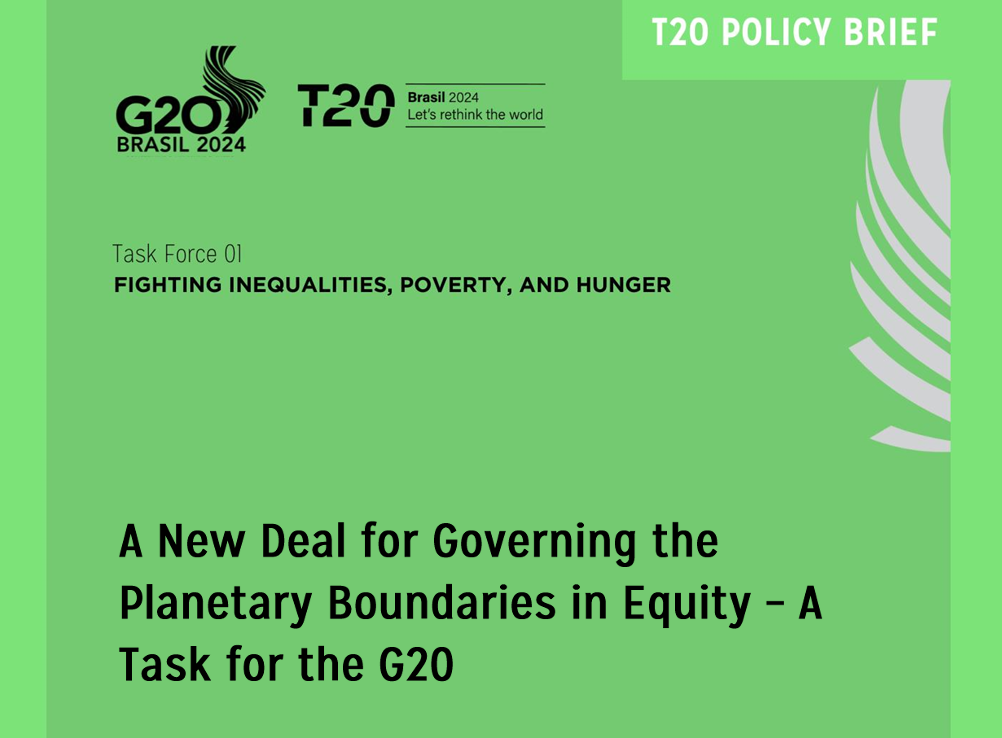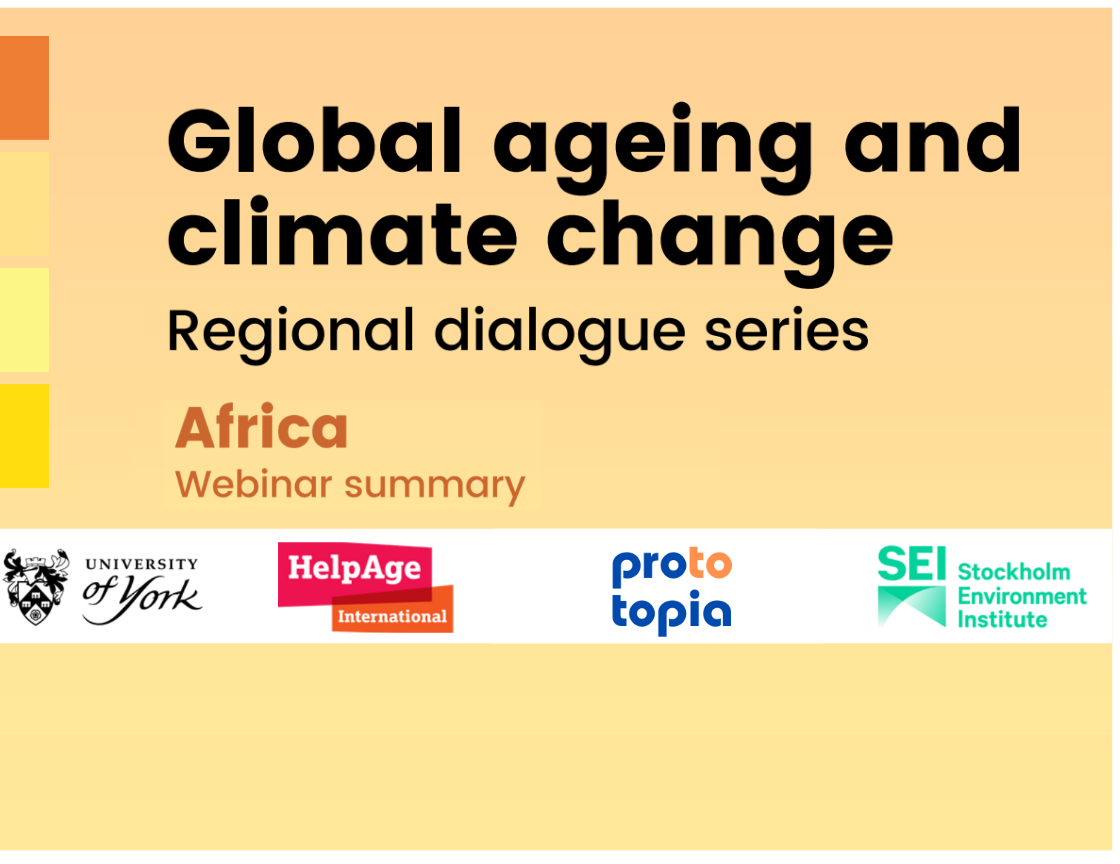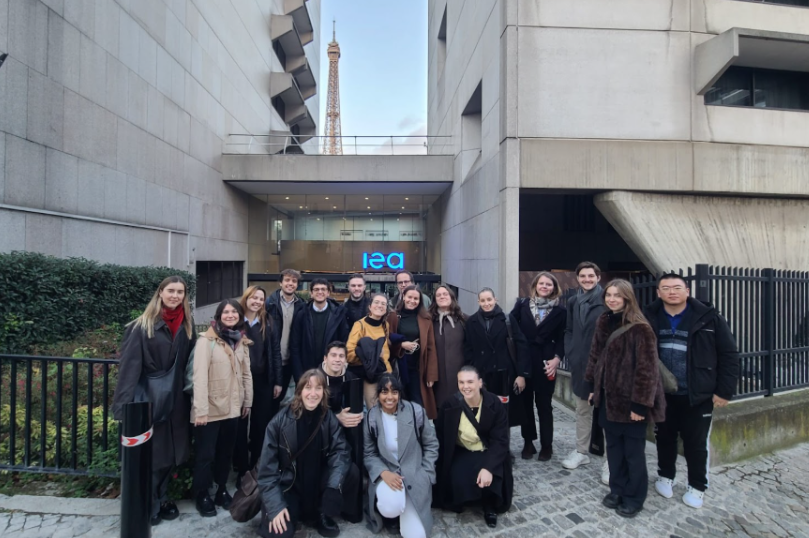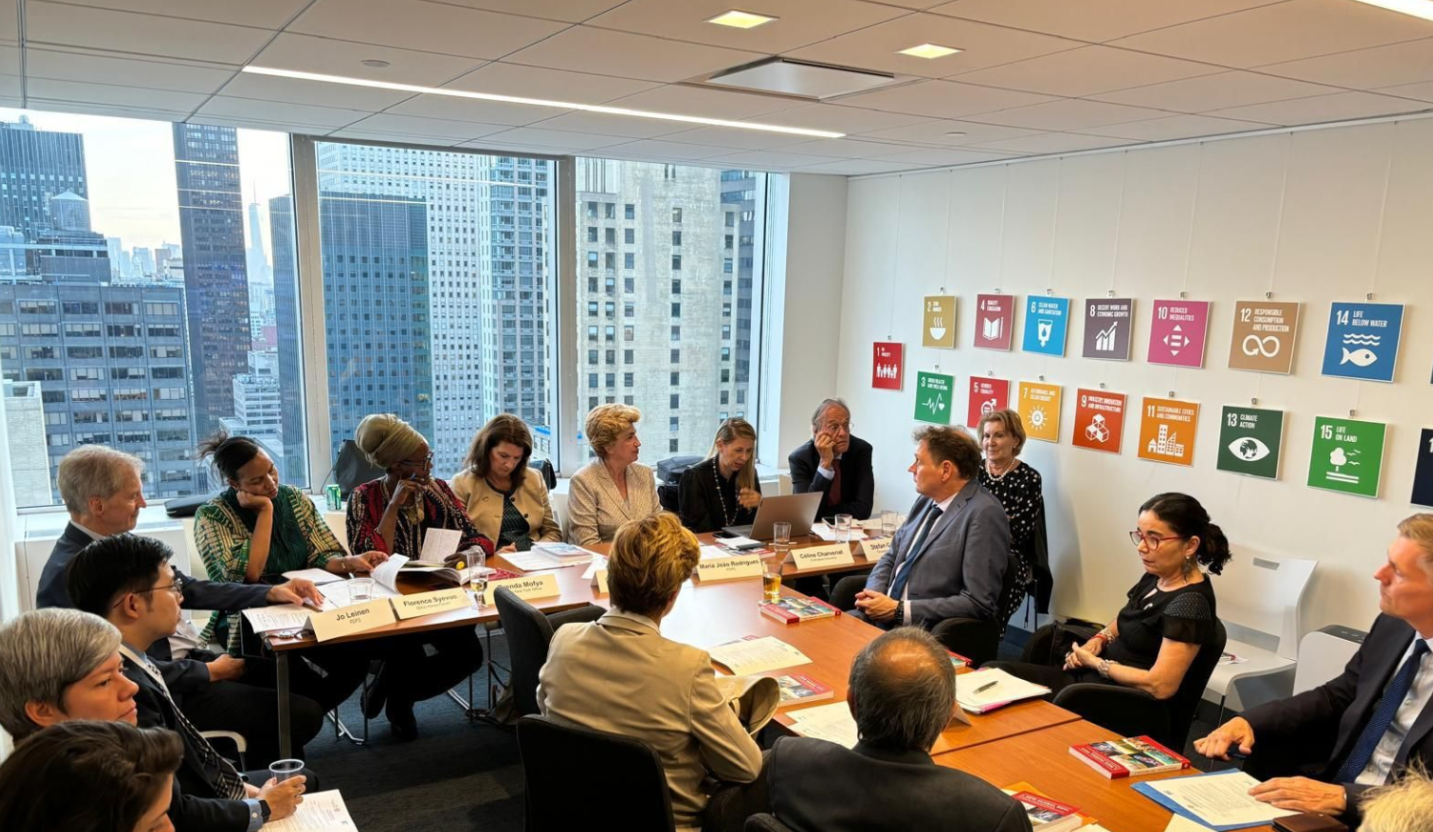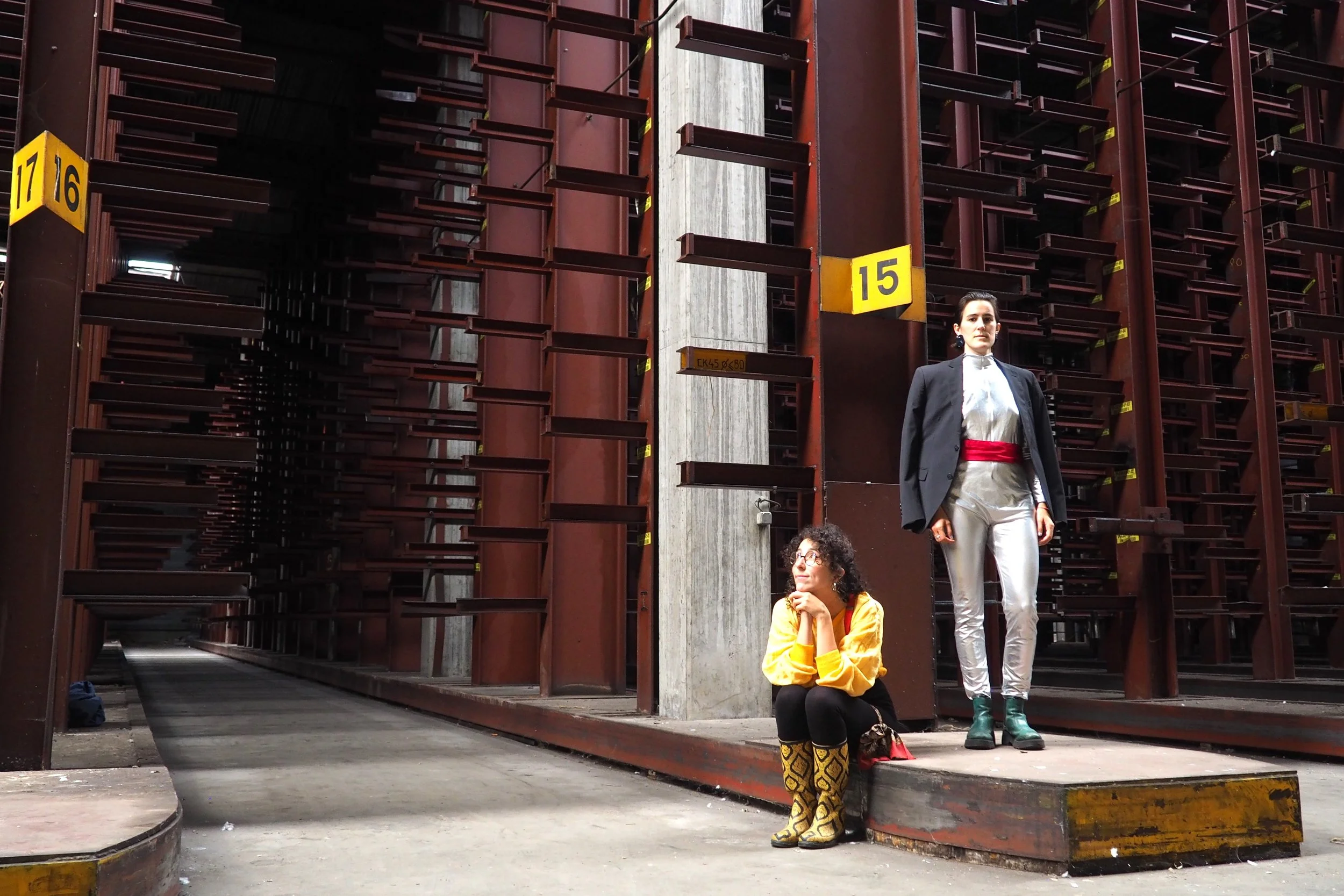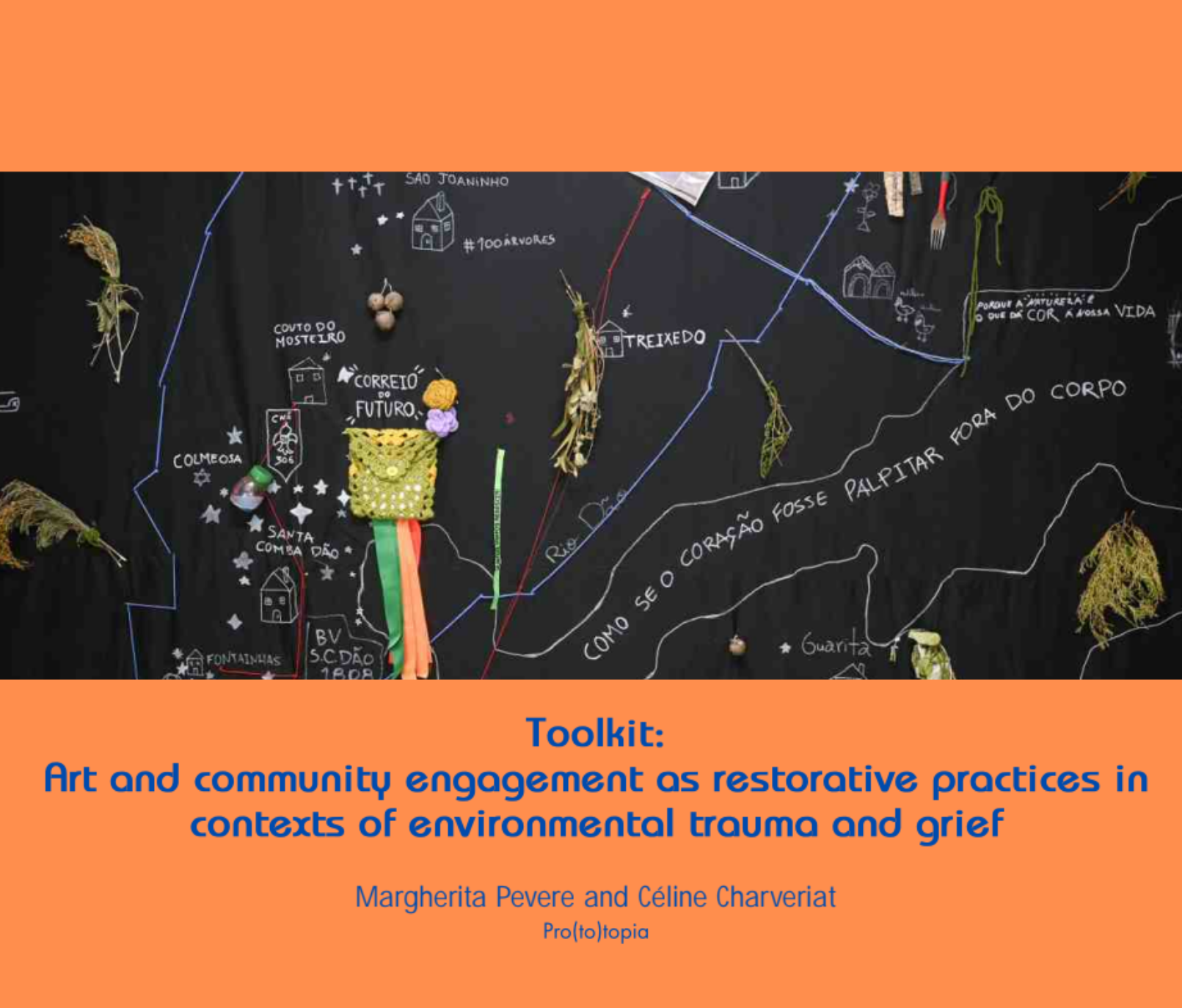Our projects
-
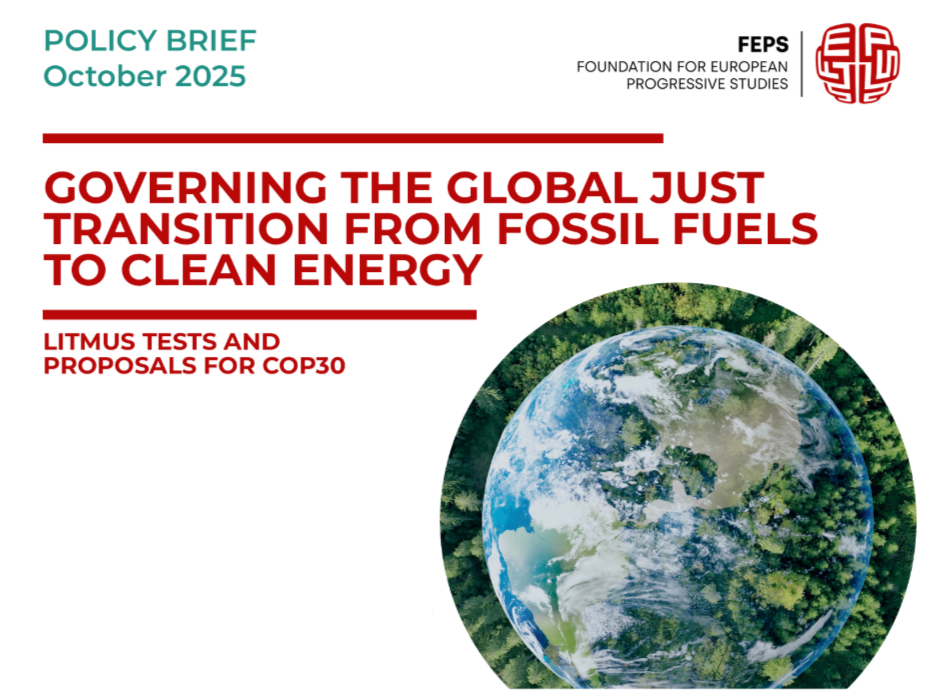
Governing the Global Just Transition from Fossil Fuels to Clean Energy
By Céline Charveriat (Director of Pro(to)topia), and our associate Pierre Leturcq (Independent Think Tanker), published by the Foundation for European Progressive Studies (FEPS)
As part of a global just transition, there is an urgent need for equity-based parameters to guide both the gradual phase-out of fossil fuels and the phase-in of renewable, nature-positive, and people-centred energy systems.
This policy brief urges COP30 to turn the global commitment to “transition away from fossil fuels” into a concrete, equitable governance framework that simultaneously addresses fossil supply and demand.
Two proposed equity “litmus tests” offer a way to evaluate progress at COP30 in Belém, ensuring that ambition, justice, and actionable measures remain at the core of the global energy transition.
-
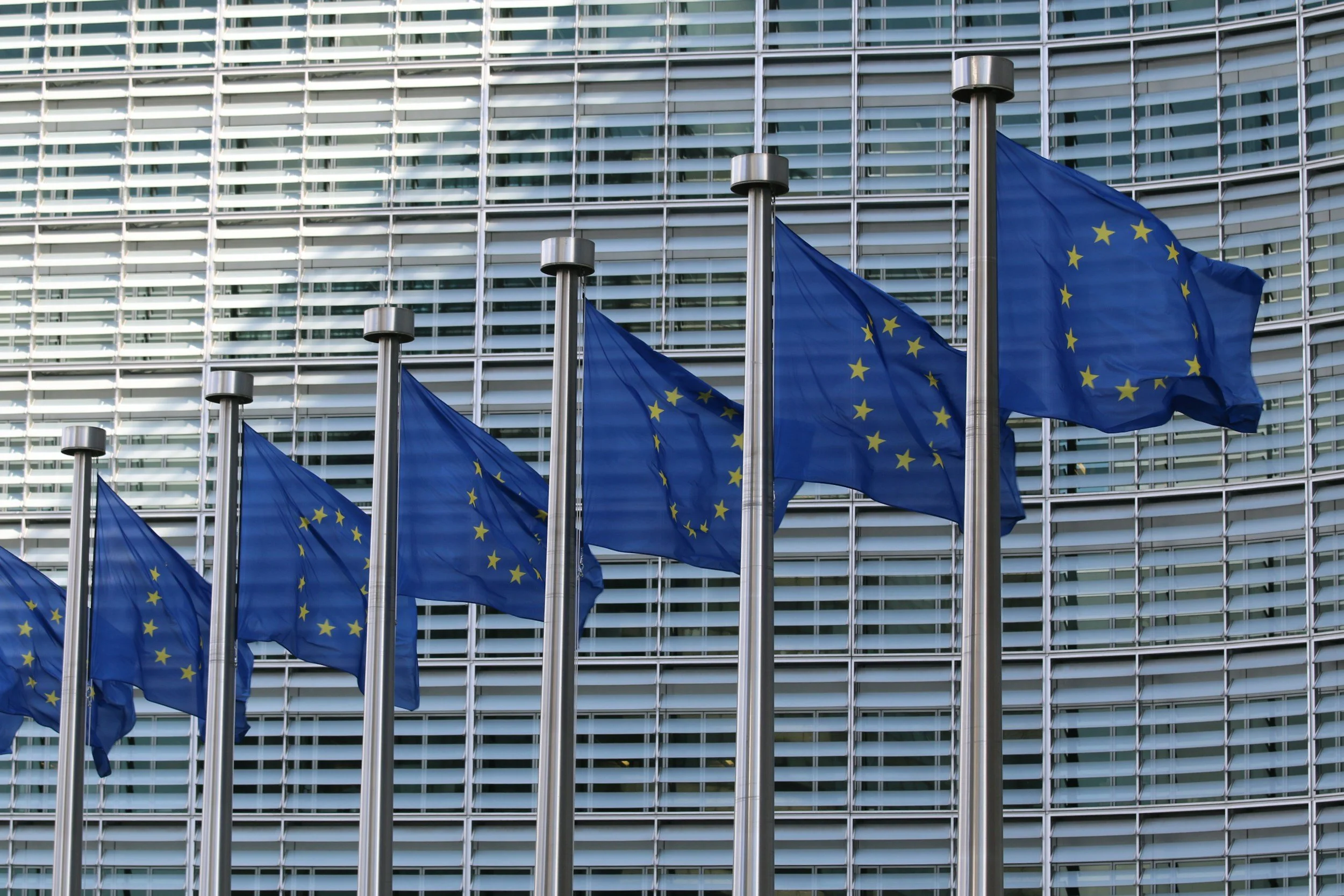
Strategic research on Europe’s pursuit of global justice over the next five years - OSF
Consultancy for Open Societies Foundation
We investigated the EU’s role in global justice and the potential issues that it can position itself in. We assessed the performance of Von der Leyen’s geopolitical Union and identified key strategies for civil society and foundations of how to support the EU to choose the right path to support the global justice agenda. Check out the summary note here:
OSF summary report – Europe in the world
-
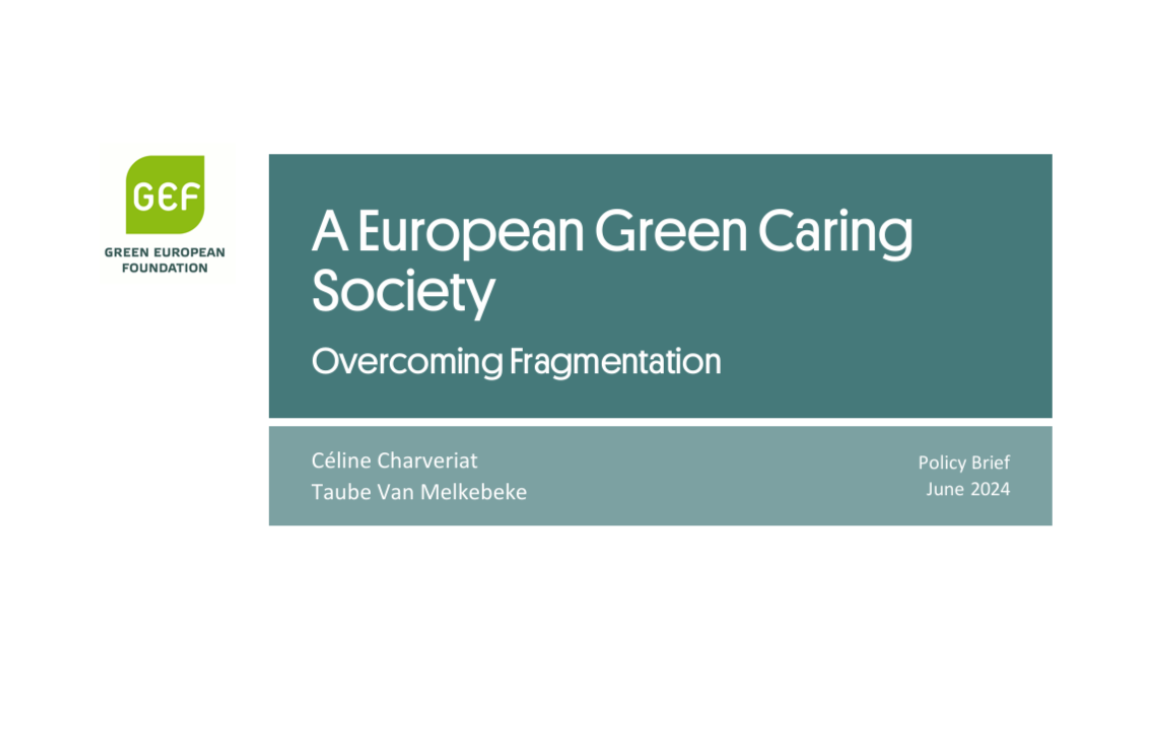
Towards a European Green Caring Society Paper
Policy-relevant paper in collaboration with the Green European Foundation
This paper examines the interconnection of care systems for climate and environment on the one hand and human care on the other. We identify that, in the EU, these phenomena are currently in a “twin crisis” and identify specific policy recommendations. -
T20 Policy Brief on Governing Planetary Boundaries
Independent report in preparation for G20 2024 in Brazil in collaboration with FEPS
The brief, based on previously published work advocates for prioritizing environmental governance within the G20 agenda, emphasizing the interconnectedness of environmental issues with inequality, poverty, and hunger. Recommendations include phasing out fossil fuels, tackling overconsumption, and mobilizing financial resources through innovative taxation and financing schemes. -
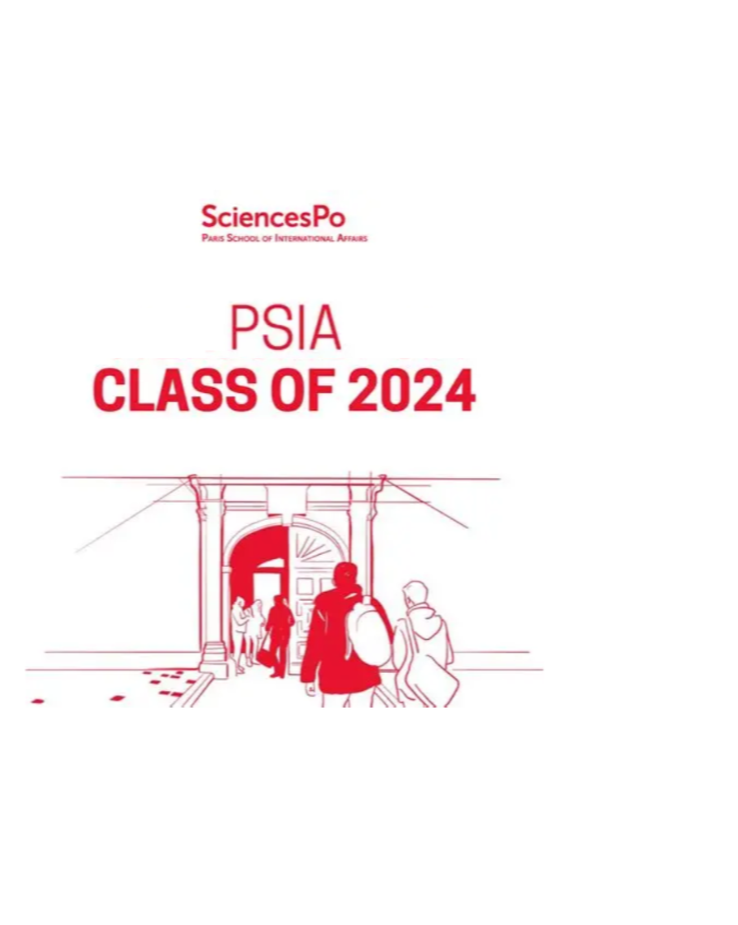
Strategic Foresight on the international dimensions of an equitable fossil fuel phase-out
Master Class at Sciences Po, PSIA
For the second year of the semester-long Foresight class, Master’s students produced four foresight scenarios:
Stranded Assets
Chaotic Tumble
Painful Diet
Orderly Phase-OutThe scenarios were presented, with findings and recommendations, to representatives of the International Energy Agency.
Strategic Foresight Fossil Fuel Phase-Out Booklet
-
Climate justice and ageing report
Collaborative research with HelpAge International and SEI
In 2023, we worked with HelpAge International on looking at the intersections between climate change and the ageing world. Our collaboration resulted in the production of a report addressing this intersection. We are currently animating consultation workshops in Asia, Latin America and Africa to identify policy-relevant recommendations in time for COP29. -

The Care Economy in Beyond GDP Paradigms
Developed as part of a collaboration within the Global Alliance for Care and co-written by Clare Coffey (Senior Associate, Pro(to)topia) and Valérie Bichelmeier (Vice-President, Make Mothers Matter), the paper explores how integrating the care economy into Beyond GDP frameworks can advance well-being and sustainable prosperity. It highlights policy pathways and measurement innovations that place care at the center of economic and social systems, contributing to international efforts to redefine progress beyond traditional growth metrics.
-
GDP+3 report
Independent research funded by European Commission (DG RTD)
Our report, developed together with SDSN and the Hot or Cool Institute, and under the expert advice of Sandrine Dixson Decleve, Enrico Giovaninni and Peter Browning, identified three actionable GDP+3 sets of indicators covering social, environmental, and institutional dimensions to complement GDP and to motivate policymakers to adopt policies furthering sustainable prosperity. The results were presented to several DGs in Brussels as well as other policy-makers. -
Strategic Foresight on the international dimensions of the EU Green Deal
Master Class at Sciences Po, PSIA
In a semester-long class, master students in groups produced three foresight scenarios for five thematic sectors, namely for the energy, nutrition, housing, transportation, and consumer goods sectors, based on trends and forces in the international realm. Results were presented to the Executive Vice President of the Commission Maroš Šefčovič.
Foresight of EU Green Deal Booklet -
Report on Women CSO Leaders for Systems Change
Collaborative research funded by FEPS Europe, Heinrich-Böll-Stiftung, Friedrich-Ebert-Stiftung, and Green European Foundation
The study was done in collaboration with Joanna Maycock and Angela Philips. On the back of it, we are currently co-creating a prototype of a female leadership academy to turn collective vision into a reality, together with participants in the study. -
Degrowth Journal article
Our co-founder Eloïse Bodin and artist associate Mathilde Schoenauer Sebag just published an essay in the Degrowth Journal (Vol. 3, 2025, Special Issue: Arts).
Their piece dives into how speculative fiction and sound art can be powerful tools to challenge extractivist and neocolonial logics — and to spark new political and economic imaginaries.
Building on their theater and radiophonic project, The Dynamic Ministry of Insubordination, they show how art can question the growth paradigm and open pathways toward hopeful, post-capitalist fossil fuel free futures.
-

Forum For Caring Societies
Consultancy for Hot or Cool Institute, funded by Partners for a New Economy (P4NE)
We helped to develop the Forum for Caring Societies, its Call for Action, and its strategy, aiming to bridge alliances between NGOs to drive global activism towards caring societies. -

NaturArchy Exhibitions
Collaborative project as part of the JRC SciArt project, European Commission
NaturArchy explores how providing Nature with a contract that integrates it totally into our society can redefine our anthropocentric relationship with it, through artistic, scientific and legal expressions. Exhibition from 24 May to 29 September 2024 in Brussels. -
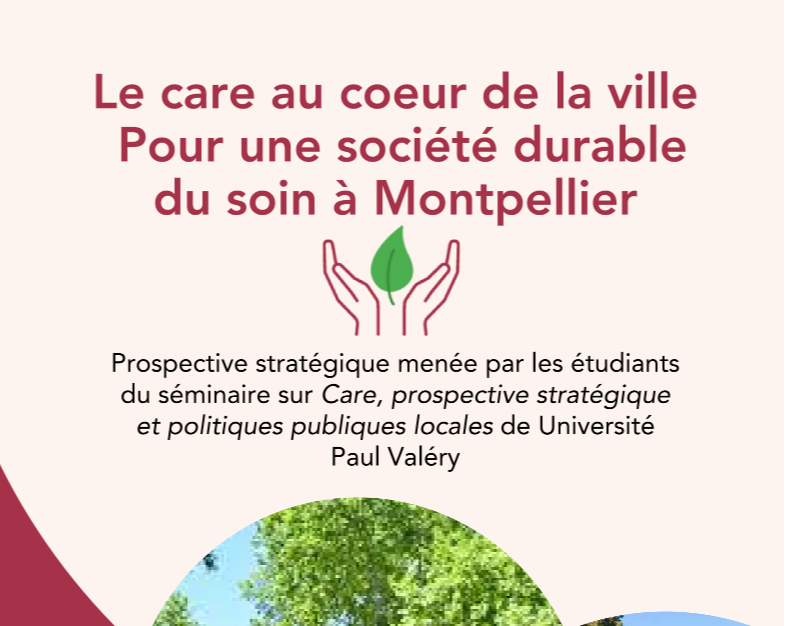
Care at the Heart of the City – For a Sustainable Society: From Care to Montpellier
Our project, “Le Care au cœur de la ville – Pour une société durable”, developed in collaboration with students from the Université Paul-Valéry Montpellier within the seminar Care, prospective stratégique et politiques publiques locales, explored how care-based approaches can shape sustainable urban futures. Through a strategic foresight exercise, the students identified actionable pathways and policy recommendations to embed care principles at the core of local governance and urban planning in Montpellier, contributing to a broader reflection on sustainability, social cohesion, and well-being in cities
-
Art & Community Engagement as Restorative Practices
Developed by Margherita Pevere and Céline Charveriat with Pro(to)topia, this toolkit explores how art and community engagement can serve as restorative practices in the face of environmental trauma.
In the context of wildfires caused by climate change, we participated in a collaborative effort to explore how creative and collective practices can help communities heal and reconnect with their environment.
Rooted in a community program carried out in Santa Comba Dão, Portugal—a region severely affected by the 2017 wildfires—and created within the NaturArchy Resonances Project at the Joint Research Centre (JRC) of the European Commission, in collaboration with the School of Agriculture (ISA) - University of Lisbon, CoLAB ForestWISE, and FIRE RES, it transforms field experience into practical, adaptable methods.
Designed for artists, facilitators, and community practitioners, it offers tools to turn creativity into concrete action—supporting collective expression, resilience, and care in contexts of ecological loss.

